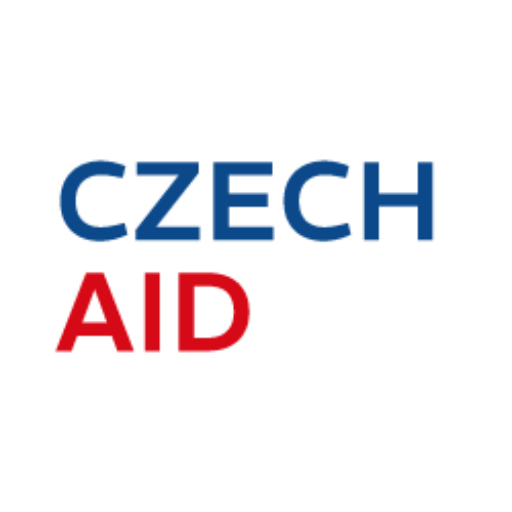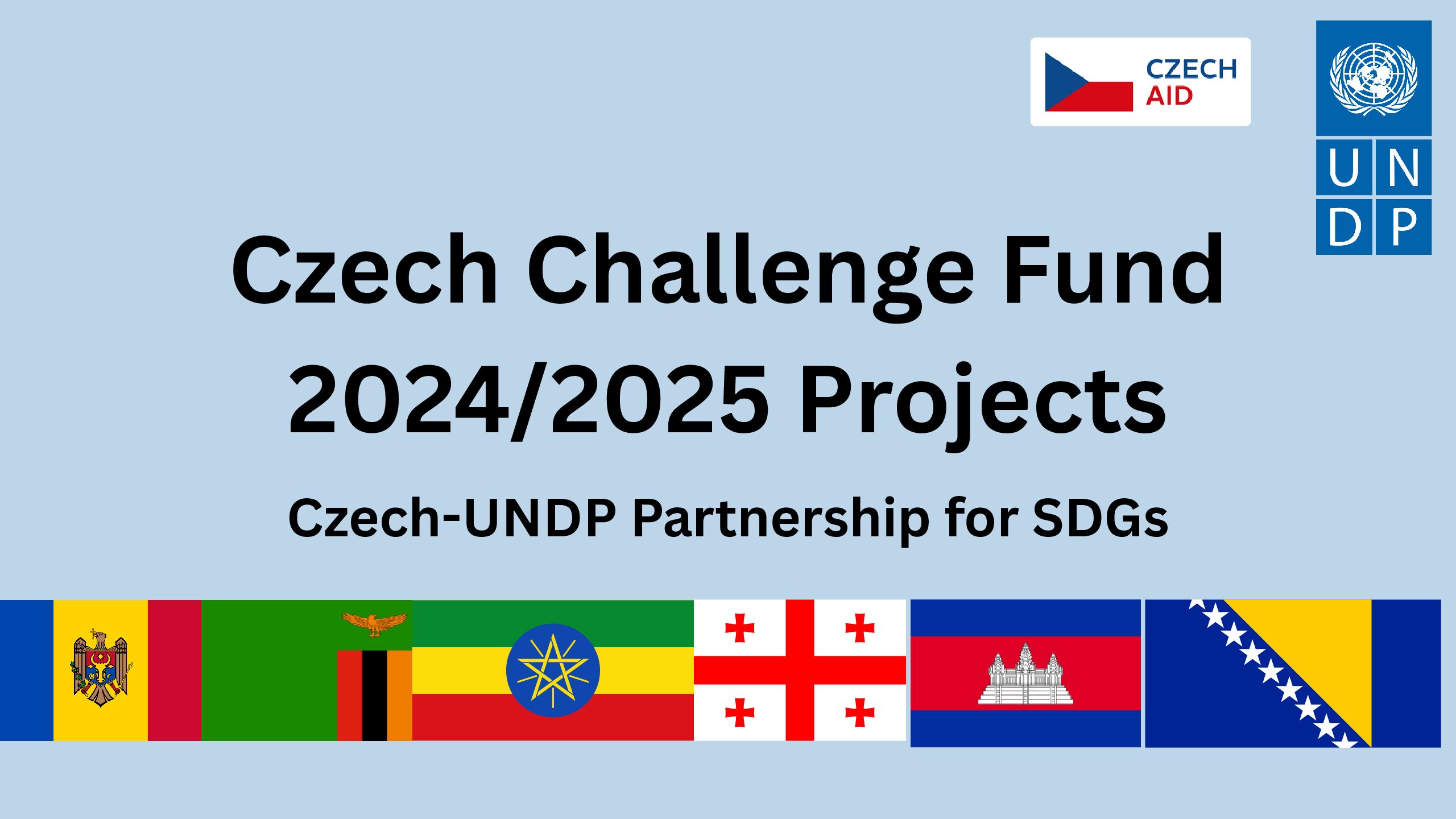Czech-UNDP Partnership for SDGs Announces 11 Innovative Projects Selected Under the 2024 Challenge Fund
The Czech-UNDP Partnership for Sustainable Development Goals (SDGs) is proud to unveil 11 new innovative solutions selected under the 2024 round of the Czech Challenge Fund: Solutions for SDGs. Now in its eighth cycle since 2018, this initiative continues to facilitate the transfer of innovations to address local development challenges across Bosnia and Herzegovina, Ethiopia, Georgia, Cambodia, Moldova, and Zambia—contributing meaningfully to the achievement of the SDGs.
This year marked a record high in interest, with 88 applications received. From these, 11 high-impact proposals were selected for implementation in 2025. These projects represent a combined value of $642,267, including $213,127 in co-financing from the innovators. The new portfolio of solutions spans thematic areas such as environmental sustainability, green innovation, biotechnology, emergency response, circular economy, education, and climate resilience.
Selected Project Proposals and Their Projects:
In Georgia, NGO Kona will establish “Green Laboratories” in schools—practical learning spaces to teach sustainable practices like composting and gardening. This project will contextualize Czech methodologies and tools for Georgian educators to promote environmental responsibility at an early age.
In Bosnia and Herzegovina, three diverse projects have been selected:
- The University Sarajevo School of Science and Technology will launch the Green Industry Innovation Accelerator (GIIA) to promote greener value chains and stimulate sustainable industry practices.
- Damaris Solutions, together with Privredno Društvo Zenica, will implement a waste-to-energy solution at a major landfill in Zenica, capturing and converting biogas into energy while aligning with circular economy goals.
- NGO Sportsko-Penjački Klub Blagaj Mostar will establish Eco-Climb Hub, a sustainable climbing center at the Blagaj crag, integrating renewable energy, eco-architecture, and biodiversity protection, while fostering eco-tourism and environmental awareness.
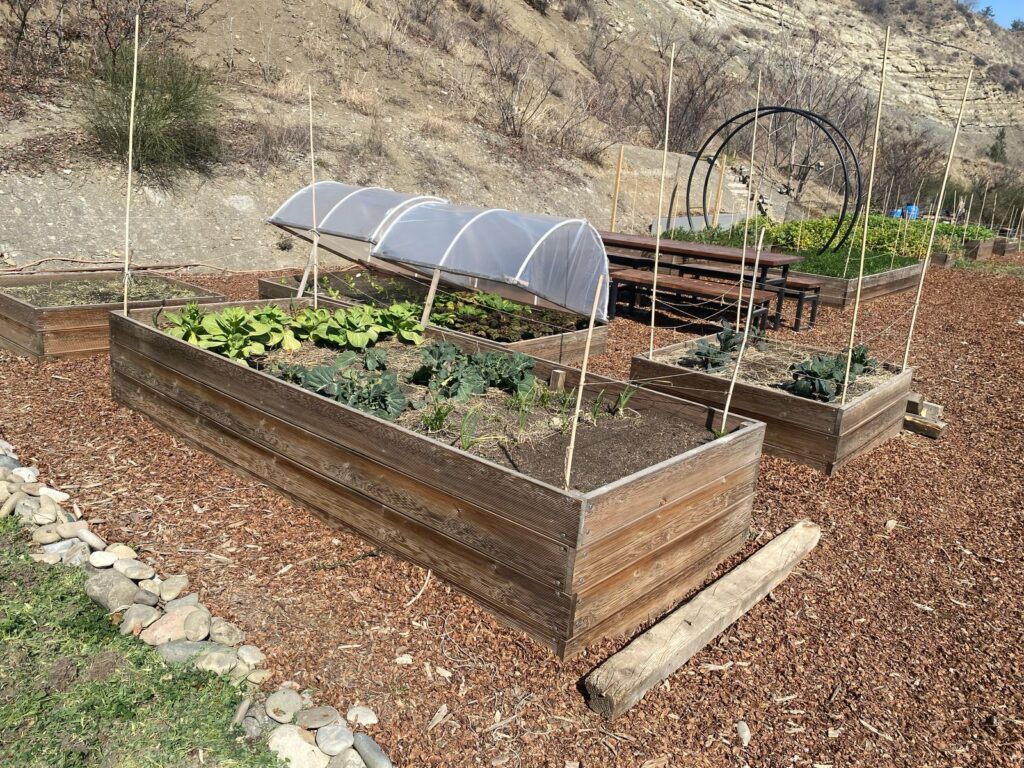
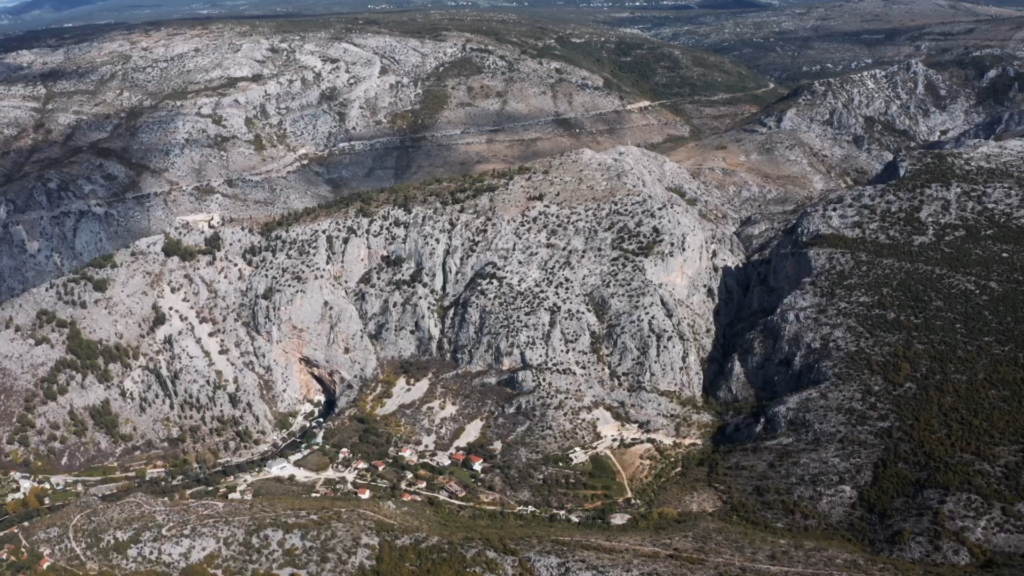
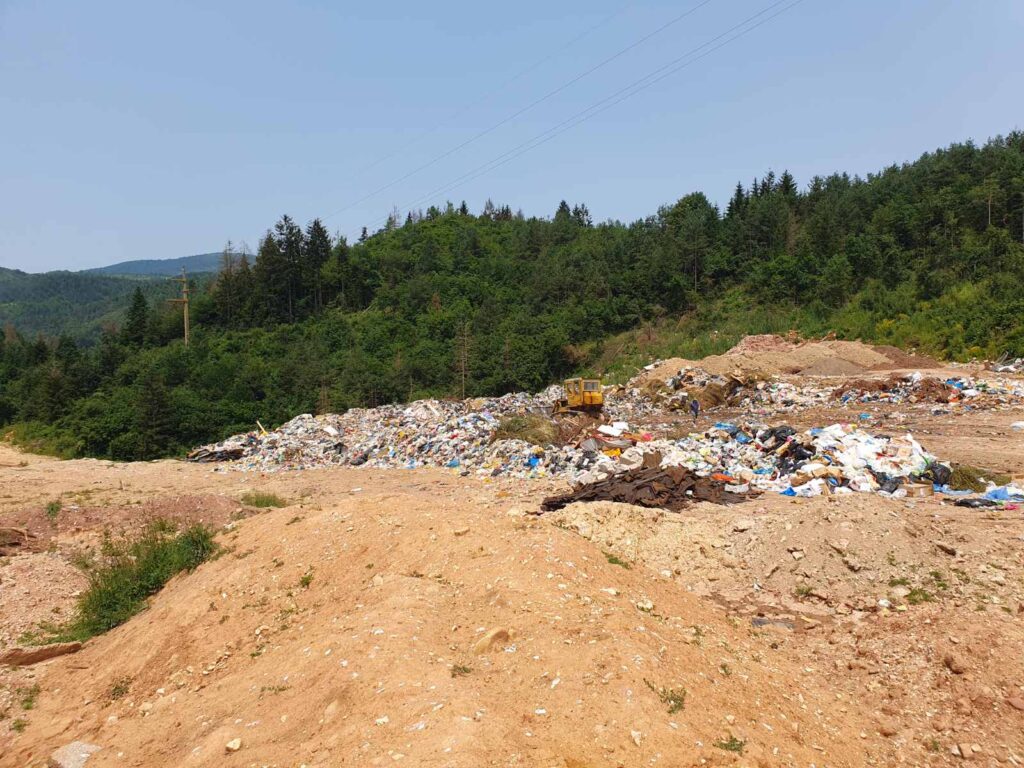
In Moldova, three projects will be implemented:
- The Institute of Experimental Botany of the Czech Academy of Sciences will strengthen local biotechnology capacities by training Moldovan scientists in plant genetic modification and climate-resilient agriculture.
- Social enterprise Kokoza and AO Vitality will pilot a biowaste management model in 20 schools in Transnistria, conducting audits, installing composting systems, and educating on sustainable waste practices.
- Medical Information Technologies will enhance the Moldovan 112 emergency system with a Next Generation SOS platform, introducing cross-border interoperability and improving public safety.
In Ethiopia, Mendel University in Brno and Mekelle University will collaborate on the extraction of essential oils from frankincense resins using hydrodistillation. The project aims to develop value-added products and provide alternative livelihoods for local communities.
In Cambodia, Czech NGO ADRA, in partnership with ADRA Cambodia, will pilot a circular economy approach to agricultural waste reuse. Their solution will enhance soil health, support climate-smart agriculture, and contribute to national environmental goals.
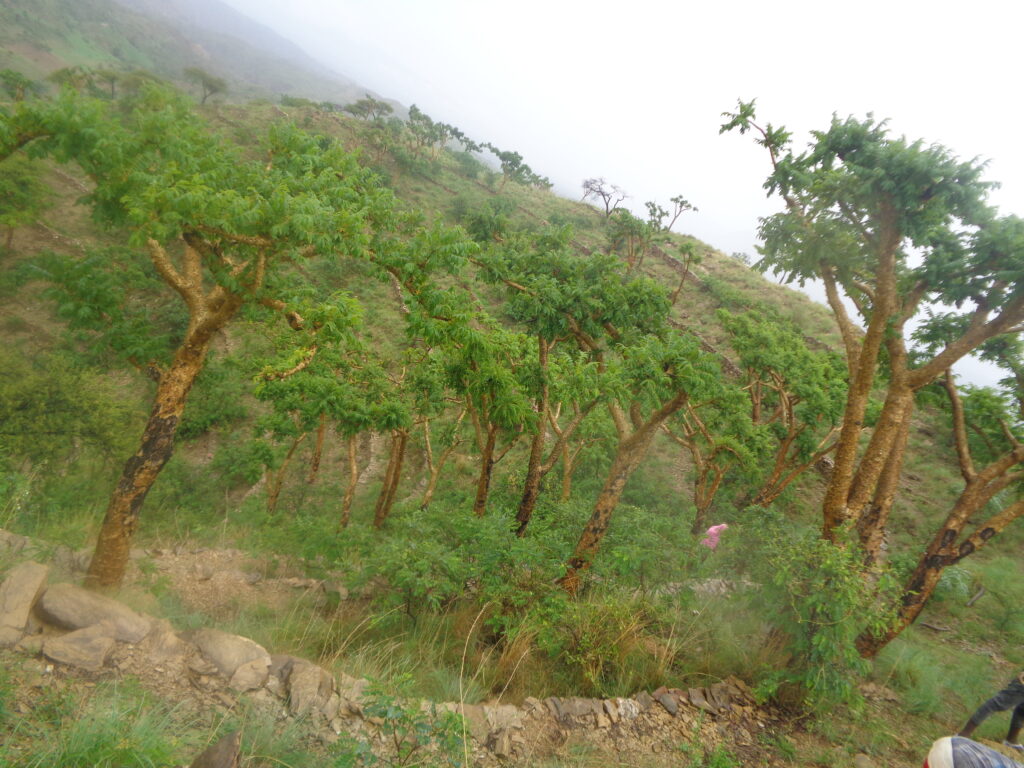
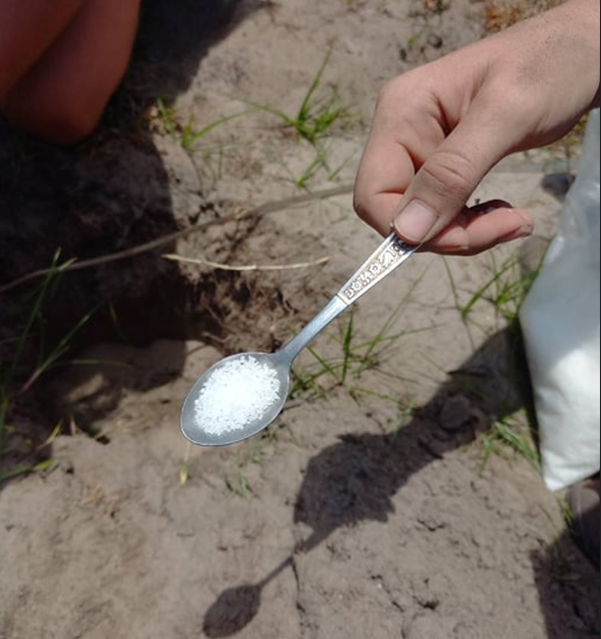
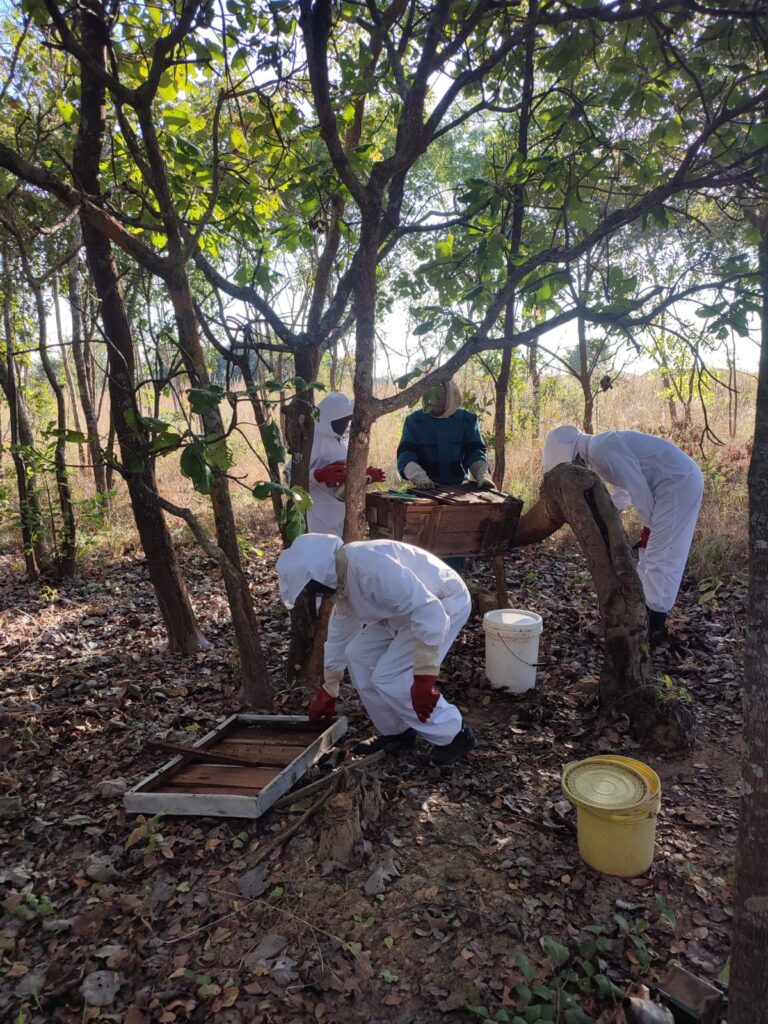
In Zambia, two projects were selected:
- The Czech Technical University in Prague will collaborate with the New Renato Community Society to introduce modern honey processing techniques and local workshop-based suit production, increasing local income and sustainability.
- Entrepreneur Kamila Hejlíková and Booma Women Cooperative will pilot hydrogel-based reforestation techniques that retain and slowly release water, supporting tree planting in drought-prone areas and enhancing community resilience to climate change.
About the Czech-UNDP Partnership for SDGs
The Czech-UNDP Partnership supports innovative solutions to tackle development challenges across six priority countries: Bosnia and Herzegovina, Georgia, Moldova, Ethiopia, Cambodia, and Zambia. Projects are implemented by a wide range of actors—including NGOs, private companies, academic institutions, and research centers—with funding from the Ministry of Foreign Affairs of the Czech Republic. Through knowledge sharing, local partnerships, and innovation, the initiative contributes to sustainable, inclusive development around the globe.
